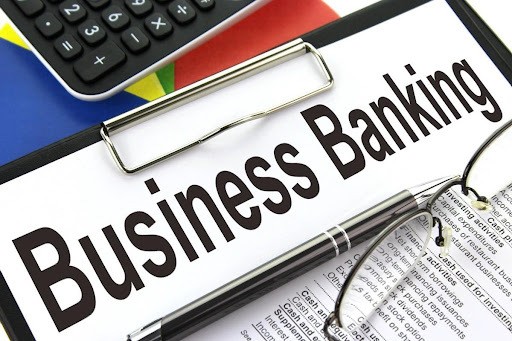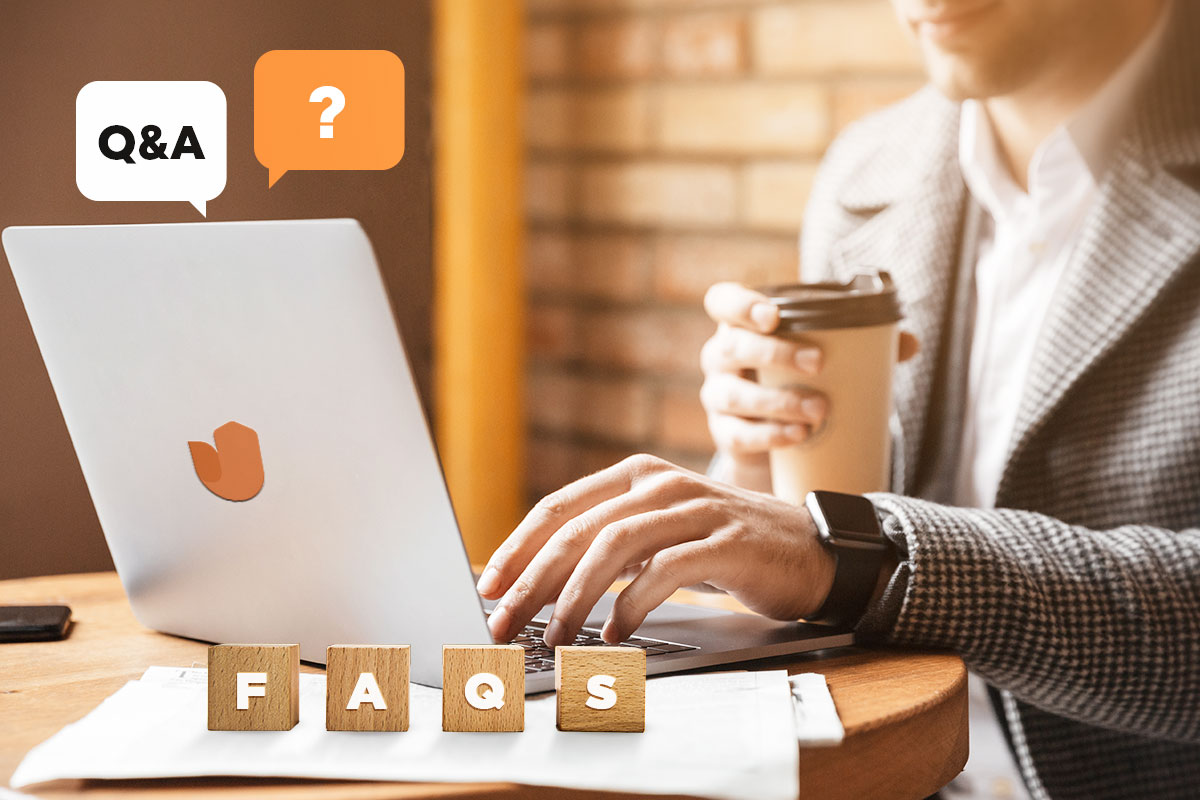How to Protect Small Business from Copyright Infringement
Copyright infringement is a crucial concern for small businesses. Protecting intellectual property (IP) and avoiding the accidental use of others’ copyrighted material can save small businesses from costly legal battles and reputational damage. Below, we’ll discuss some common copyright infringement risks and provide strategies on how to protect small business from copyright infringement effectively.
1. Common Copyright Infringement Risks for Small Businesses
Small businesses often face copyright infringement risks when they use online content without permission. Some frequent pitfalls include:
- Using online images: Photos found online are typically copyrighted, even if they appear on free platforms. Downloading and using them without permission or licensing can lead to infringement claims.
- Content copying: Repurposing blog posts, website text, or marketing materials without permission can result in unintended copyright violations.
- Logo and branding elements: Using copyrighted elements for branding can lead to disputes, especially if they are similar to other established brands.
2. Ensuring Copyright Compliance on Social Media
For small businesses, social media can be a powerful marketing tool. However, sharing copyrighted content without permission is a common error. Here are steps to ensure compliance:
- Use licensed or original content: Only share images, videos, and music you have permission to use. Creative Commons licenses or royalty-free resources can offer a good selection of usable content.
- Credit and tag creators: If you share user-generated content or posts created by other users, always credit them appropriately.
- Create a content policy: Establish internal guidelines for employees on using copyrighted material on social media to prevent accidental misuse.
3. Consequences of Unintentional Copyright Infringement
Unknowingly infringing on copyrighted material can still have serious repercussions. Consequences for small businesses may include:
- Financial penalties: Copyright holders can pursue legal damages, which can be costly.
- Cease-and-desist orders: These legal notices demand that the infringing content be removed immediately.
- Reputational damage: Public allegations of copyright infringement can harm a brand’s reputation and trustworthiness.
4. Legally Using Copyrighted Music in Advertising or Social Media
Music is often a point of copyright infringement risk for small businesses in their advertising and social media content. To legally use music:
- Obtain proper licenses: Use licensed music or purchase rights from stock music websites. Some platforms, like YouTube, provide royalty-free music for commercial use.
- Consider subscription services: Services like Epidemic Sound and Soundstripe offer royalty-free music specifically for business use, with proper licensing.
- Use free alternatives: Explore platforms that provide free, licensed music under Creative Commons licenses.
5. Protecting Your Own Content from Infringement
Just as small businesses want to avoid infringing on others’ content, they should also take measures to protect their own. Here are key steps:
- Register copyrights: Ensure your business’s valuable content, like blogs, images, and designs, is registered with the U.S. Copyright Office for added legal protection.
- Watermark digital assets: Add a visible watermark to images, videos, and documents to deter unauthorized use.
- Monitor for infringement: Use tools like Google Alerts and reverse image searches to detect if others are using your copyrighted content without permission.
6. Working with Freelance Designers and Content Creators
Using freelance talent is common among small businesses, but it also raises copyright concerns. Key considerations include:
- Establish ownership in contracts: Specify in the contract that your business will own the work created, or clarify if the creator retains any rights.
- Ask for original work: Ensure that freelancers do not use copyrighted material from other sources without permission.
- Obtain licensing documentation: If freelancers incorporate third-party content, confirm that they have the appropriate licenses.
7. Understanding Fair Use and Its Limitations
Fair use allows for limited use of copyrighted content without permission in specific contexts, such as criticism, commentary, or education. However, fair use is complex:
- Review the four factors of fair use: These include purpose, nature, amount used, and market impact. The commercial nature of a business often weakens the fair use argument.
- Consult a legal expert: Given the complexities of fair use, consulting an attorney when in doubt can help prevent legal issues.
8. Content Automatically Protected by Copyright
Almost all creative work is automatically protected by copyright from the moment it’s created. This includes:
- Written content: Blog posts, articles, and even website text are protected.
- Visual elements: Logos, photos, and other graphics have automatic copyright protection.
- Multimedia content: Audio and video creations are also covered under copyright law.
Knowing that these types of content are protected can prevent unintentional infringement.
9. Copyright-Free Resources for Small Businesses
To avoid infringement issues, small businesses can use copyright-free resources. Reliable options include:
- Creative Commons: Platforms like Flickr and Wikimedia offer images under Creative Commons licenses.
- Royalty-free stock sites: Websites such as Unsplash, Pexels, and Pixabay provide free images for commercial use.
- Public domain resources: Content in the public domain, like old books or music, is free to use without copyright restrictions.
10. Responding to a Copyright Infringement Notice
If a small business receives a copyright infringement notice, here are steps to take:
- Remove the content immediately: Take down the infringing content to prevent further liability.
- Review the claim’s validity: If you believe the notice is incorrect, research to confirm your use of the material falls within legal boundaries, such as fair use.
- Negotiate if necessary: Some copyright holders may be open to retroactive licensing, allowing you to keep using the content with the correct permissions.
Conclusion
By understanding copyright laws and implementing best practices, small businesses can protect themselves from the financial and legal risks associated with copyright infringement. Whether using images, music, or written content, taking these steps helps small businesses safeguard their brand while avoiding unintended violations.



